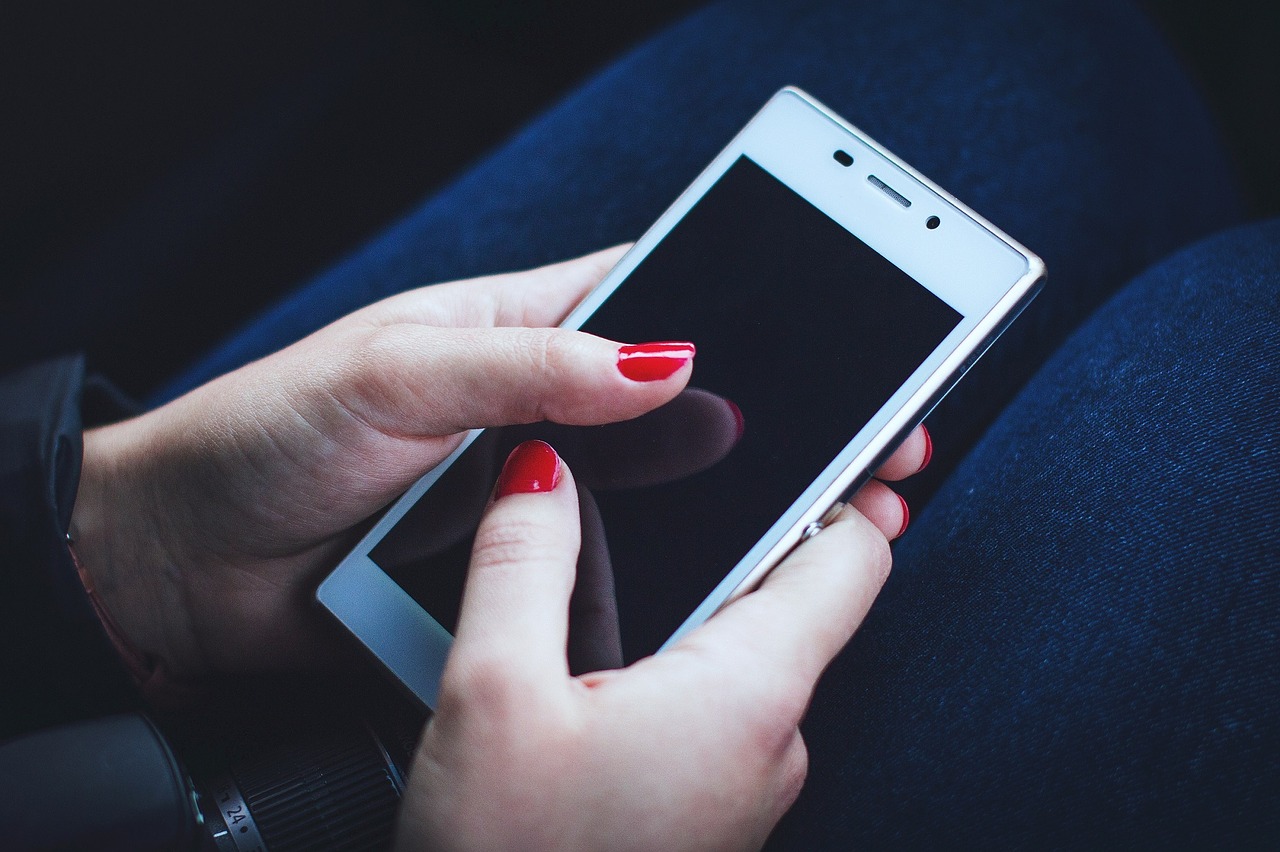Sign up for the daily CJR newsletter.
THE KNIGHT FIRST AMENDMENT INSTITUTE at Columbia University is open for business. On Monday, it filed a lawsuit against the Department of Homeland Security to compel the government under the Freedom of Information Act to release records related to border searches of travelers’ cellphones and laptops.
The complaint, now before the federal trial court in Washington, DC, follows several FOIA requests that the institute submitted to DHS, to no avail. Those requests asked for documents containing information on “the search, detention, retention, or sharing” of personal electronic devices or data at the US border since 2012.
“The records are important because they would shed light on what’s a highly intrusive and, we believe, unconstitutional practice—using routine border searches as fishing expeditions,” says Katie Fallow, the institute’s senior staff attorney. “We were motivated to file the requests and ultimately the complaint because of reports about the increasing use of that practice.”
More specifically, the requests ask for documents showing, among other things, the number of affected travelers who are US citizens, lawful permanent residents, or green card holders; how they break down by country of origin, gender, race, and ethnicity; the portion of affected travelers who appear on some kind of watch list; and the “policies, practices, or procedures” for handling sensitive materials like “work-related information carried by journalists.”
Federal guidelines dating to 2009 generally permit federal agents to search a traveler’s devices at the US border, even in the absence of suspicion that the person has committed a crime or otherwise has done something wrong. Cynthia McFadden of NBC News reported recently that device searches jumped from roughly 5,000 in 2015 to 25,000 in 2016. Last month alone, there were 5,000 device searches, McFadden reported.
‘The administration seems to be trying to undermine the press’s legitimacy as an institution,’ Fallow says. ‘It’s part of our mission to push back and ensure transparency and the freedoms of speech and press.’
The requests and complaint note that federal agents have used their authority to demand, search, or seize data stored on journalists’ devices. For example, agents detained Wall Street Journal reporter Maria Abi-Habib at the Los Angeles International Airport after she refused to surrender her phones, and agents at the Miami International Airport searched photojournalist Kim Badawi’s phone, even accessing private messages between Badawi and a source.
The complaint argues that the requests sought “information necessary for the public to fully understand the government’s policies and practices relating to searches of electronic devices at the border.” It adds that “indiscriminate” border searches of Americans’ devices “raises serious constitutional questions” under the First and Fourth Amendments.
“The problem is that people today keep lots of personal and sensitive information on their cell phones and other devices, and you could learn a good amount about someone—his or her ideas or associations—simply by getting a phone and looking at that information,” Fallow says. “That has an effect on free expression, because if the government is peering over a person’s shoulder, that person will be less likely to speak or associate. And that has a special impact on journalists, who are in the business of expression.”
DHS, which will have some time to answer the complaint, did not respond to a request for comment. The institute has asked the court to order the government to release the records immediately, and to award the institute costs and attorneys’ fees.
The Knight Institute is still taking shape. It was announced last May; one month later Jameel Jaffer, then at the ACLU, was named its founding director. Since then, the institute (which is backed by $60 million in funding from Knight and Columbia) has built its mission around research, education, and litigation to advance First Amendment rights in the digital age.
“It’s exciting to be part of this effort,” Fallow said. “It’s a dream opportunity to do this kind of work, constitutional litigation, when it’s much needed.”
Knight and Columbia announced the institute at a time of growing concern about press freedom. A survey had just shown that 53 percent of US editors felt that “news organizations [were] no longer prepared to go to court to preserve First Amendment freedoms,” and 65 percent felt the press was weaker than it was 10 years ago in its capacity to litigate. Now, with Trump in the White House, the institute’s mandate couldn’t be more urgent.
“The administration seems to be trying to undermine the press’s legitimacy as an institution,” Fallow says. “It’s part of our mission to push back and ensure transparency and the freedoms of speech and press.” She calls the institute’s first lawsuit “a step in that direction.”
The Knight institute has already lined up a few next steps. Monday marked the launch of the institute’s Facebook and Twitter pages. (Its website is a work in progress). In May, the institute will host a conference on free speech and democracy in the digital age. And, later this summer, it will establish a research program to commission papers on First Amendment issues.
“We’re still getting our bearings a little bit,” Fallow said, “but we’re all excited about the work and the challenges.”
Has America ever needed a media defender more than now? Help us by joining CJR today.







